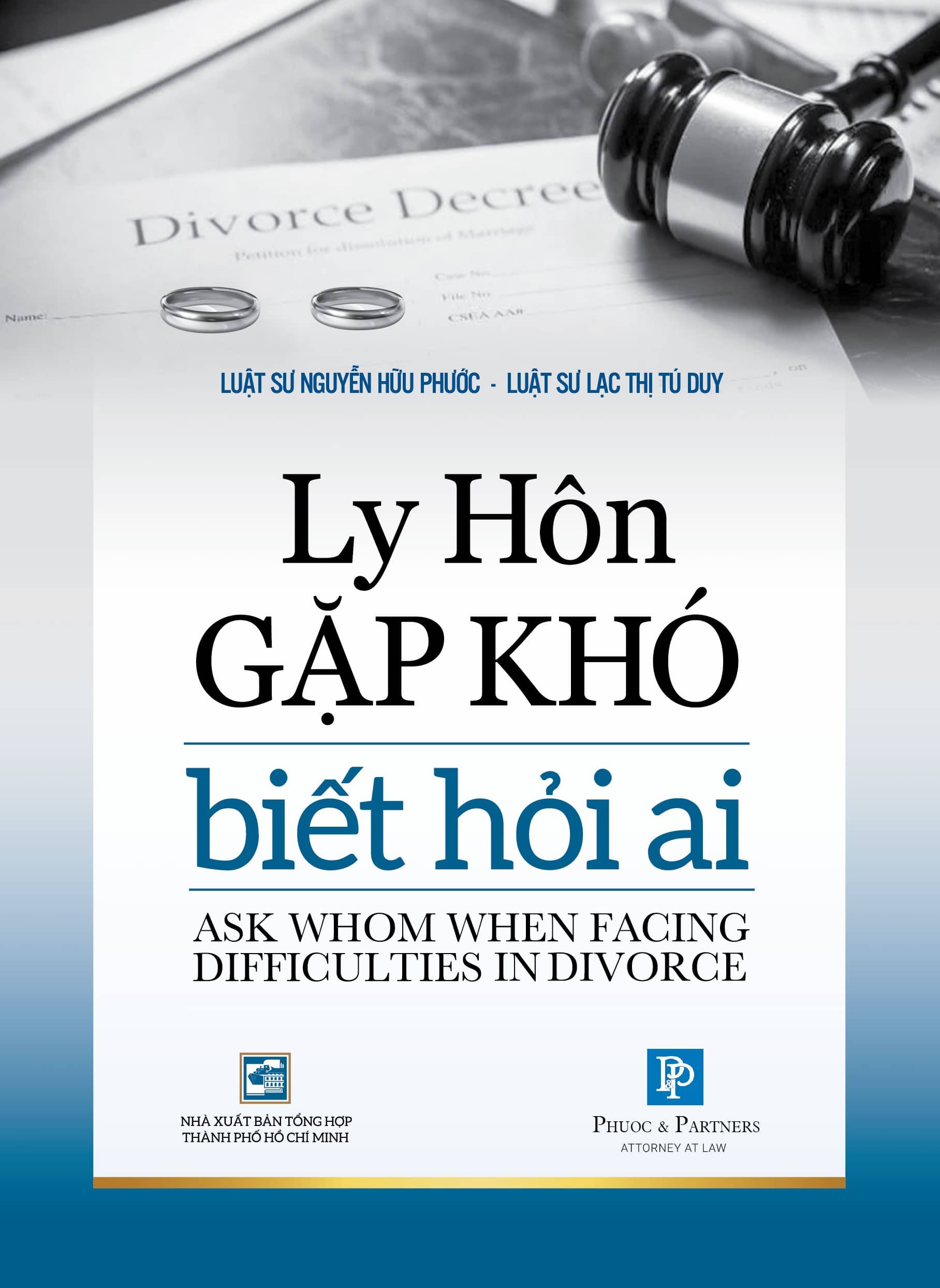In principle, the Court must accept the case of the litigants, but it does not mean that the Court must perform this obligation in every case. According to the Civil Proceedings Code 2015, the Court has the right to return the petition if one of the following circumstances occurs:
- The petitioners have no right to initiate a lawsuit or do not have full civil procedure act capacity[2]:
- The petitioner is not a spouse;
- The petitioner is not a father, mother, or other relative when one spouse suffers from mental illness or another disease that cannot be perceived, or controls his or her behaviour, and the spouse is a victim of family violence by his or her husband and wive seriously affecting his or her life, health and mentality.
For example: Ms. C is a neighbour with the spouses of Mr. A and Mrs. B. Ms. C thinks that Mrs. B is mentally ill and is often beaten by Mr. A, resulting in Ms. B’s mental health decline. Therefore, Ms. C filed for divorce with the Court and requested Ms. B and Mr. A to divorce. In this case, Ms. C does not have the right to file a divorce case in accordance with law.
2. Conditions for initiating lawsuits prescribed by law are not fully satisfied[4]
“Not yet sufficient conditions to initiate a lawsuit in accordance with the law” corresponds to the case where conditions for initiating lawsuits pursuant to the Civil Proceedings Law and other laws are not fully satisfied which means that there are provisions about conditions for initiating lawsuits but the litigators initiate lawsuits when any of such conditions has not been satisfied[6]; For instance, A wife files a divorce case but is denied by the Court. According to the provisions of law, the wife is entitled to re-initiate a lawsuit after 01 year from the date the judgement takes effect. However, the wife submits a second request for divorce with her husband within 06 months from the effective date of the rejection. In this case, the Court will return the divorce petition.
3. Upon expiry of 07 days after receiving the Court’s notice of payment of Court fee advance, the litigator fails to submit receipt of collection of Court fee advance to the Court, except for cases he or she is exempt or does not have to pay the Court fee advance or there are objective obstacles or force majeure events[8].
4. The cases do not fall under the Court’s jurisdiction[10]
A case which does not fall under the jurisdiction of the Court is a case in which marriage and family disputes as prescribed by law, must fall under the jurisdiction of another agency or organisation or being settled by other competent agencies or organisations[12].
When considering the civil case which has been accepted not under its jurisdiction but under the jurisdiction of another local People’s Court of the same or different level, the Court which has accepted the case shall issue a decision to transfer the civil case file to the competent Court and delete the case. In this case, the Court does not return the petition as well as the court fee advancethat the litigants paid. At the same time, the Court must issue a written notice to the litigant and the same level Procuracy.
5. The litigator fails to amend or supplement the petitions at the request of the Judge[14]
If the content of the petition does not contain all the details as prescribed by law, the Judge will request the plaintiff to amend and supplement the petition within a time limit set by the Judge but must not exceed one month. For example, if the divorce petition does not include the address of the husband’s residence, the Court will return the petition and set 20 days for the plaintiff wife to supplement the petition. However, after 20 days, if the plaintiff wife still fails to add the husband defendant’s address in the divorce petition, the Court will return the petition to the plaintiff wife.
6. The litigator withdraws the petition[16]
Once one spouse has filed for divorce and it has been accepted by the Court, he or she still has the right to withdraw the petition at any time (except for his or her withdrawal of the petition at the appellate Court, with the defendant’s consent). In such a case, the Court will return the petition and suspend the case if the Court has accepted.
If the case is in one of the above circumstances, the Court will return the petition to the plaintiff, at the same time, issuing a written document stating its reason for returning the petition. At that time, the Court will either not accept the petition or suspend the case if the petition was accepted.
[2] Article 192.1.(a) of the Civil Proceedings Code 2015.
[4] Article 192.1.(b) of the Civil Proceedings Code 2015.
[6] Article 3 of the Resolution 04/2017/NQ-HDTP.
[8] Article 192.1.(d) of the Civil Proceedings Code 2015.
[10] Article 192.1.(đ) of the Civil Proceedings Code 2015.
[12] Article 4 of the Resolution 04/2017/NQ-HDTP.
[14] Article 192.1.(e) of the Civil Proceedings Code 2015.
[16] Article 192.1.(g) of the Civil Proceedings Code 2015.
If you would like more information on how we can assist you with divorce issues, please contact us at: +84 (28) 36223522 or email us at info@phuoc-partner.com

